Be More Productive
Have you already found the productivity system that works best for you? If not yet, I hope that this episode can help you identify and create a process that will work for you with the right attitude and equipment, too!
What are the systems we can have to be more productive?
1) Time management system
Implement a system that helps you prioritize tasks, set clear deadlines, and allocate dedicated blocks of time for specific activities.
Pomodoro Technique: Incorporate the Pomodoro Technique into your time management system to enhance focus and productivity. This technique involves breaking work into intervals of focused work (typically 25 minutes) followed by short breaks (usually 5 minutes). After completing four work intervals, take a longer break (around 15-30 minutes).
2) Goal-setting system
Set SMART (Specific, Measurable, Achievable, Relevant, Time-bound) goals to provide direction and focus for your work. Break down larger goals into smaller milestones, and track your progress regularly to stay on track and motivated.
3) Routine and scheduling system
Establish a daily or weekly routine that includes dedicated time for important tasks, regular breaks, and self-care activities. Stick to your schedule as much as possible to develop good habits and improve productivity.
2) Do what you love.
- Identify your passions and interests. Reflect on what activities bring you joy, fulfillment, and a sense of purpose. Whether it's a hobby, a career path, or a creative pursuit, make time for activities that align with your passions.
- Find ways to incorporate your interests into your daily life. If you love painting, set up a small studio space at home. If you enjoy playing a musical instrument, dedicate regular practice sessions. Prioritize activities that allow you to do what you love.
- Seek opportunities to explore and learn more about your passions. Take courses, join clubs or groups, or connect with like-minded individuals. Surrounding yourself with people who share your interests can boost motivation and create a supportive community.
- Push yourself to learn new techniques, try different approaches, or take on more ambitious projects. Continuously nurturing your passions can bring a sense of fulfillment and keep you engaged in what you love.
- Know that balance looks different for everyone, and it may evolve over time.
Changing our values
When we're setting our values, our goals and our intentions, they should never be past-focused. They should be future-focused. It should be inspired by our experiences and the things that we've learned from our past, but fueled solely on our vision of the future, that’s what it should be. Because I think so many of us fuel our present intentions and our goals with our past.
Healing is never linear.
Self-realization before Self-improvement
You have to realize the things that we value and what are the things that are constantly driving us. As human beings, it's either pain or pleasure. We're always almost driven solely by trying to avoid pain or figuring out what gives us pleasure. Self-improvement does not happen if you do not know yourself.
Looking at your past, we need to do some inner work and actually being okay with the current situation - all the traumas that led you here. Once we do that, the process of self-improvement becomes clear.
We need to have that courage to say, “you know what? I'll do it. I'm scared. This is hard, but I'll do it. Because if that's the way for me to have a better life, a better reality, a better truth, then that's going to be worth it.”
“You can achieve great things rooted from hate and revenge but you’ll never find peace.”
From Episode 174 of Adulting with Joyce Pring: “ Leading with Love vs Fear”







